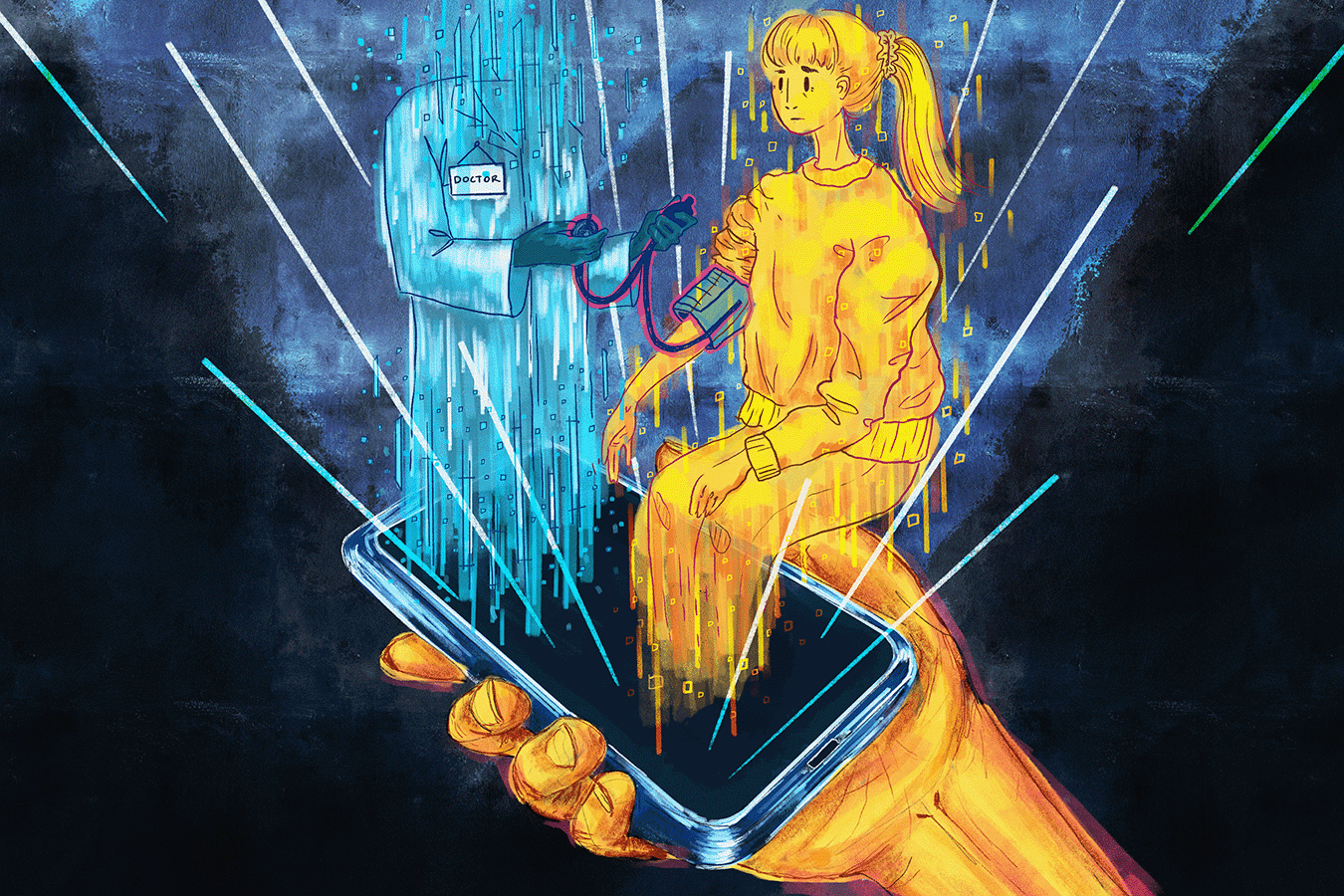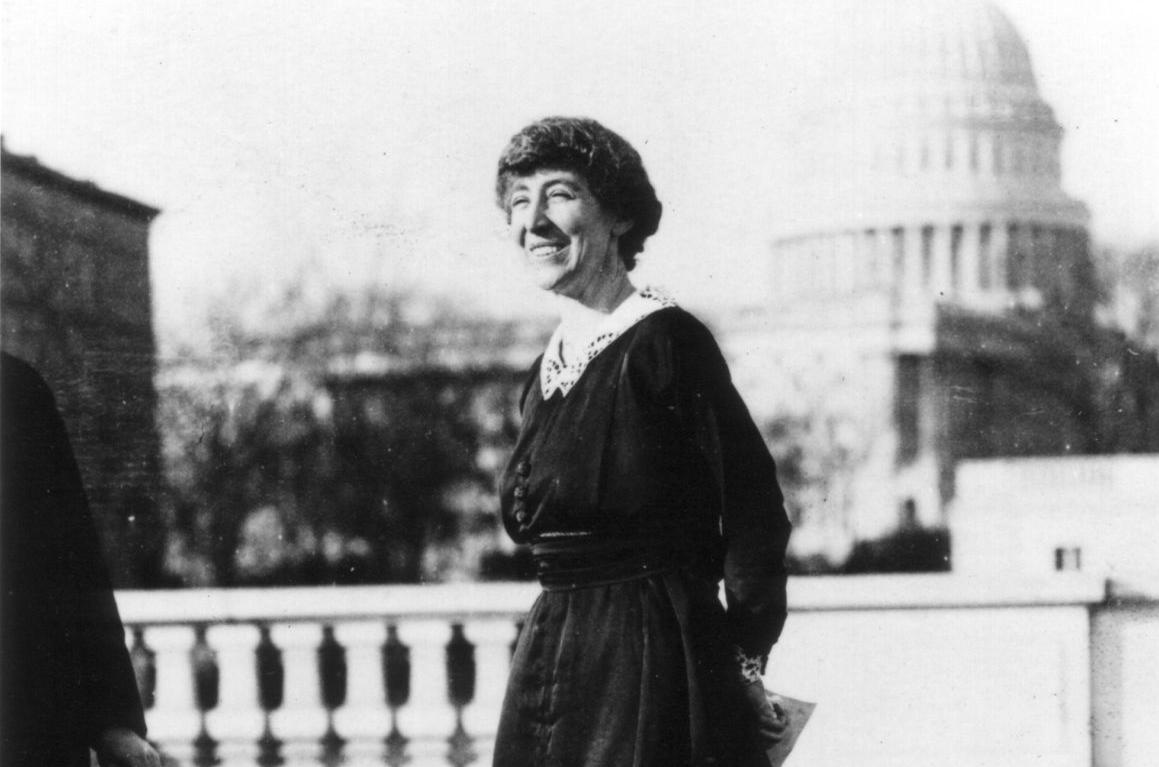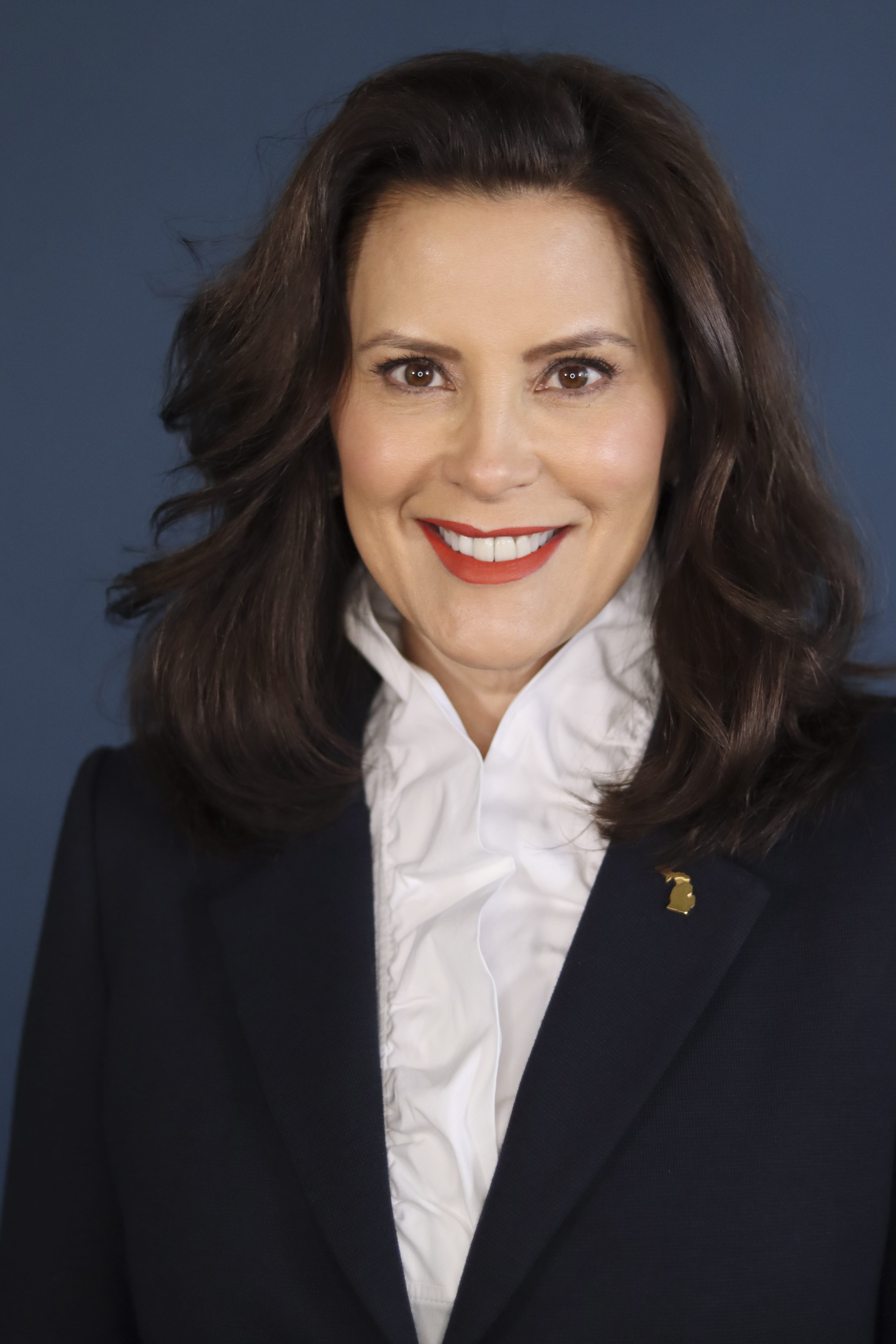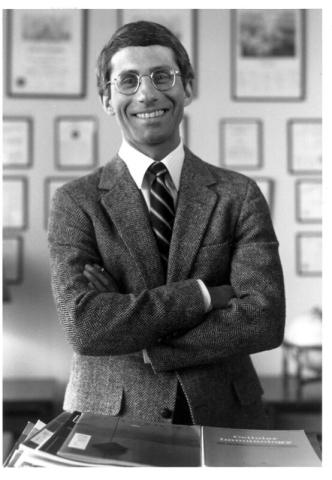|
Help |
Site Map
|
"This case also highlights the evolving threat and increasingly brazen conduct emanating from Iran. I have spoken before about the threat Iran poses to our homeland through its networks and proxies. In the last year, we have charged members of Irans Islamic Revolutionary Guard Corps (IRGC) with a plot to murder the former U.S. National Security Advisor; Weve indicted Iranian hackers for targeting utility companies and other critical U.S. infrastructure; And weve called out Iran for a destructive cyberattack that crippled a partner governments computer networks. We will not tolerate this belligerent and criminal conduct. Instead, we will hold accountable those who would bring Irans campaign of violence to our shores. We will hold accountable those who seek to silence voices for human rights and womens rights."
"Fact Sheet on U.S. Security Assistance to Ukraine January 25, 2023 In total, the United States has more than $27.8 billion in security assistance to Ukraine since the beginning of the Biden Administration..." Thousands of night vision devices, surveillance systems, thermal imagery systems, optics, and laser rangefinders; Commercial satellite imagery services; Explosive ordnance disposal equipment and protective gear; Chemical, Biological, Radiological, Nuclear protective equipment; 100 armored medical treatment vehicles; Over 350 generators; Medical supplies to include first aid kits, bandages, monitors, and other equipment; Electronic jamming equipment; Field equipment, cold weather gear, and spare parts; Funding for training, maintenance, and sustainment. The United States also continues to work with its Allies and partners to provide Ukraine with additional capabilities to defend itself.
The CFPB is interested in hearing about peoples overall experiences with credit card products. In particular, the request is seeking information on: Terms of credit card agreements and the practices of credit card issuers; Effectiveness of disclosure of terms, fees, and other expenses of credit card plans; Adequacy of protections against unfair or deceptive acts or practices relating to credit card plans; Cost and availability of consumer credit cards; Safety and soundness of credit card issuers; Use of risk-based pricing for consumer credit cards; Consumer credit card product innovation
H. Con. Res. 7: A concurrent resolution commending the bravery, courage, and resolve of the women and men of Iran demonstrating in more than 133 cities and risking their safety to speak out against the Iranian regime; A bill to increase the punishment for certain offenses involving children; A resolution condemning the Supreme Court's decision to overturn Roe v. Wade and Planned Parenthood v. Casey and committing to advancing reproductive justice and judicial reform; A bill to provide for research and education with respect to triple-negative breast cancer; A bill to enhance criminal penalties for health-related stalking; A bill to require that activities carried out by the United States in South Sudan relating to governance reconstruction and development and refugee relief and assistance support the basic human rights of women and womens participation and leadership in these areas.
The Justice Department is committed to using all its tools to address stalking, said Associate Attorney General Vanita Gupta. Survivors need justice and safety, and communities require resources to respond and prevent this crime. OVWs grantees play a critical role, providing essential services and justice solutions in their communities. With the prolific misuse of the Internet and other forms of technology as weapons against stalking victims, todays Strategies Showcase further emphasizes the White Houses priority to eradicate technology-facilitated violence. Last June, President Biden established the White House Task Force to Address Online Harassment and Abuse, an interagency effort to increase prevention, response and protection measures for survivors.
"The same devices used to take selfies and type out tweets are being repurposed and commercialized for quick access to information needed for monitoring a patients health. A fingertip pressed against a phones camera lens can measure a heart rate. The microphone, kept by the bedside, can screen for sleep apnea. Even the speaker is being tapped, to monitor breathing using sonar technology. In the best of this new world, the data is conveyed remotely to a medical professional for the convenience and comfort of the patient or, in some cases, to support a clinician without the need for costly hardware. But using smartphones as diagnostic tools is a work in progress, experts say. Although doctors and their patients have found some real-world success in deploying the phone as a medical device, the overall potential remains unfulfilled and uncertain."
Curator Aimee Ng: We had the pleasure of getting to know this compelling portrait very well in 2019, when it was one of the highlights of Moroni: The Riches of Renaissance Portraiture, the special exhibition that introduced this artist to American audiences. At that time, the portrait was considered one of the finest by Moroni in private hands. We are thrilled to now include it in our permanent collection, thanks to Asos great generosity. Giovanni Battista Moroni (1520/241579/80) spent his career painting in and around his native Bergamo, in Lombardy, then part of the Venetian Republic. His portraits are celebrated for the psychological presence and lifelikeness of the sitters, as well as his extreme attention to detail, particularly to his subjects clothing and accessories sumptuous fineries that signal wealth, status, and fashion."
"Berks County, Pennsylvania, is first community to join partnership with local public health departments. The Home Test to Treat program allows those who are sick an alternative to venturing out for testing or treatment, potentially reducing the spread of COVID-19 in the community. Later this month, local and state officials in Berks County, Pennsylvania, will be the first to pilot the Home Test to Treat program. Up to 8,000 eligible residents are anticipated to participate in the program... Additional communities across the country will be selected to participate based on level of community need, access to healthcare treatment, expected COVID-19 infection rates and socio-economic factors. Through collaborations with local health departments, Home Test to Treat aims to offer services to approximately 100,000 people across the United States in the coming year."
Jo Freeman Reviews: "This is a sexy book multiple meanings intended. It should appeal to women who want to know more about feminism and to anyone curious about the Sixties counter-culture. In 1968 the Yippies nominated a pig for President at the Republican National Convention and planned a Festival of Life at the Democratic Convention. Chicago refused to grant permits. Instead, the cops attacked a couple of thousand revelers. That in turn led to the Trial of the Chicago Seven, which attracted more media attention than the Festival-that-didnt-happen. Judy has much to say about all of these happenings, and more."
"The figures presented are the House party divisions as of the initial election results for a particular Congress. This means that subsequent changes in House membership due to deaths, resignations, contested or special elections, or changes in a Members party affiliation are not included. The determination of party membership relies upon a number of authoritative sources that include The Biographical Directory of the U.S. Congress, the House Clerks Election Statistics, Congressional Quarterlys Guide to U.S. Elections, Michael Dubins United States Congressional Elections, and Kenneth Martiss Historical Atlas of Political Parties in the United States Congress."
Genomics has the potential to change reactive medicine into preventative medicine, said Leslie Biesecker, M.D., NIH distinguished investigator, director of NHGRIs Center for Precision Health Research and a senior author of the article. Studying how taking a genotype-first approach to research can help us learn how to model predictive and precision medicine in the future.
"Speier first ran for Congress in 1979, facing a crowded field in a special election for a seat formerly held by Congressman Leo J. Ryan, for whom Speier had served as a legislative aide. The special election was called after Ryan was shot to death in Jonestown, at the compound of the Peoples Temple, a cult in Guyana that had previously been based in Ryans District. Speier traveled with Ryan on that trip in 1978 in an attempt to rescue some of the cults 900 members. She was left nearly lifeless on the airport tarmac after being shot five times at point blank range with an assault rifle. Speier underwent multiple surgeries after the tragedy and while recovering she realized she had a choice to make: Did she want to be a victim or did she want to be a survivor? Speier chose to be a survivor, noting that 'looking death in the face can make you fearless.'"
Mr. Fox, and his confederate Mr. Croft, were convicted by a jury of masterminding a plot to kidnap the Governor of Michigan and to use weapons of mass destruction against responding law enforcement, said Assistant Attorney General Matthew G. Olsen of the Justice Departments National Security Division. Todays sentence reflects the Department of Justices unwavering commitment to protecting our elected officials, law enforcement officers, and dedicated public servants from criminal threats and violence and to holding the perpetrators of such acts fully accountable under the law.
Roberta McReynolds Writes: "Not a Christmas went by without the hope of discovering a brand-new box of 64 crayons to unwrap. Opening the lid released that unforgettable whiff of waxy pigments, and revealed the first glimpse of rows of those perfect tips on display that had never yet touched paper. The body of each stick was double wrapped in paper to lessen the chance of breakage. Those little paper shrouds bore the official name of each color. It was necessary to peel back the paper as the crayons wore down with usage. As I picked at the edge of the stiff paper it would inevitably slip under my short fingernails and stab the tender quick. Tearing back the paper in uneven strips ruined the perfect appearance in my eyes. One time I removed the entire paper from every single crayon to make them all uniform, and soon discovered how difficult it was to discern the differences in the darker colors. I regretted the disaster Id created and immediately began longing for my next new box of crayons."
Jill Norgren reviews three must read books about law and justice: In Philippa Strums On Account of Sex: Ruth Bader Ginsburg and the Making of Gender Equality Law we learn how Ginsburg did notorious work before she became the notorious RBG. Ginsburg was one of the many activist women lawyers in the U.S. who have worked on behalf of issues of justice. In Lady Justice: Women, the Law, and the Battle to Save America Dahlia Lithwick introduces readers to several more, women attorneys who, during and after the Trump years, have sought justice for immigrants, would-be voters, and anti-fascist protestors among others. Rounding out these must-reads is Justice on the Brink, journalist Linda Greenhouses account of the U.S. Supreme Court during its 2020-2021 term when three new conservative Trump nominees along with Justices Roberts, Thomas, and Alito took full control of SCOTUS.
The new harm reduction research network will include nine research projects and one coordinating center. Grantees will investigate harm reduction strategies for their effectiveness in preventing drug overdoses and other adverse outcomes, sustainability and level of individual and community engagement. All projects will have a community advisory board and/or people with lived experience will have paid positions to support the research. Johns Hopkins University Baltimore, New York University School of Medicine New York City, Oregon Health and Science University Portland, Research Triangle Institute NC, University of Chicago, University of Nevada-Reno, University of Pittsburgh, University of Wisconsin Madison, Weill Medical College of Cornell
Based on GAO's review of regulations and information obtained from officials with the Department of Transportation (DOT) and Federal Aviation Administration (FAA), GAO found that DOT has taken steps to implement the relevant accessibility-related provisions of the FAA Reauthorization Act of 2018. For example, DOT now requires the largest U.S. airlines to report the number of wheelchairs and scooters that were transported and damaged. DOT is addressing several other provisions in the initial rulemaking processes. DOT has also taken steps to address other longstanding accessibility issues not required under the 2018 Act, but important to passengers with disabilities. In March 2022, DOT issued a proposed rule to address accessible lavatories that would apply to aircraft deliveries, to begin in 20 years. Regarding disability-related enforcement actions, DOT has taken one since 2019.
Lawrence Livermore National Laboratory: LLNLs experiment surpassed the #fusion threshold by delivering 2.05 megajoules of energy to the target, resulting in 3.15 MJ of fusion energy output, demonstrating for the first time the fundamental science basis for inertial fusion energy. The pursuit of fusion ignition in the laboratory is one of the most significant scientific challenges ever tackled by humanity, and achieving it is a triumph of science, engineering, and most of all, people, LLNL Director Dr. Kim Budil said. Crossing this threshold is the vision that has driven 60 years of dedicated pursuit a continual process of learning, building, expanding knowledge and capability, and then finding ways to overcome the new challenges that emerged. These are the problems that the U.S. national laboratories were created to solve. U.S. Representative Zoe Lofgren (CA-19). This significant advancement showcases the future possibilities for the commercialization of fusion energy. Congress and the Administration need to fully fund and properly implement the fusion research provisions in the recent CHIPS and Science Act and likely more. During World War II, we crafted the Manhattan Project for a timely result. The challenges facing the world today are even greater than at that time. We must double down and accelerate the research to explore new pathways for the clean, limitless energy that fusion promises.
"Its customary that Treasury Secretaries provide their signature to be featured on our nations currency. Youd think this would be a straightforward process. But the founding fathers did not account for what seems to be a common attribute for Treasury Secretaries: terrible handwriting. My friend Tim Geithner famously had to change his signature in order to make it legible. In an interview back in 2012, he described that the change was made not for elegance but simply for clarity. President Obama joked during Jack Lews nomination as Secretary that he should try to make at least one letter legible in his signature. The good news is that President Biden did not make a similar request when he nominated me. But Ill admit: I spent some quality time practicing my signature before submitting it to Director Olijar."
Jo Freeman reviews My People: Five Decades of Writing About Black Lives by Charlayne Hunter-Gault; nine republished pieces are about Africa and another nine are about different aspects of her personal life in the US a stay in Harlem when she was five, returning to U.Ga nine years after she integrated it, vacationing in Marthas Vineyard. Eleven are on women. She interviewed the famous (e.g. Nelson Mandela), the infamous (e.g. the Black Panthers) and the not famous (her grandmother).
"Enheduanna and Women of Mesopotamia, ca. 3400-2000 B.C. brings together for the first time a comprehensive selection of artworks that capture rich and shifting expressions of womens lives in ancient Mesopotamia during the 3rd millennium B.C. These works bear testament to womens roles in religious contexts as goddesses, priestesses, and worshippers as well as in social, economic and political spheres as mothers, workers, and rulers. Claude Gillot: Satire in the Age of Reason explores the artists inventive and highly original draftsmanship and places his work in the context of the artistic and intellectual activity in Paris at the dawn of a new century."
"EEOC data (for 2018 2020) showed representation for both minorities and women was relatively flat or marginally increased. Black and Hispanic representation remained at about 3 and 4 percent, respectively. Female representation increased from 31 to 32 percent in that period. Representatives of financial services firms and other stakeholders with whom GAO spoke for the November 2017 report (GAO-18-64) described challenges in recruiting and retaining members of minority groups and women. They also identified practices that could help address the challenges, including recruiting students from a broad group of schools and academic disciplines and establishing management-level accountability to achieve diversity goals."
Jo Freeman writes: "Georgia is one of only two states to require that elections be won by at least 50 percent of the vote. Neither Democrat Raphael Warnock nor Republican Herschel Walker received the necessary 50 percent in the November general election, when only 57 percent of Georgia voters cast a ballot. Its ironic that both are Black men because the original purpose of the requirement for an absolute majority was to keep any Black person from being elected to high office. An electoral procedure crafted to keep Blacks out of higher office now requires that Georgia voters choose between two Black men to be their US Senator. In August of 2021 former NFL player Herschel Walker moved his residence from Texas to Georgia so he could run in the Republican primary for Senate. Thats why there will be a run-off election in Georgia on December 6."
Overall Economic Activity: Economic activity was about flat or up slightly since the previous report, down from the modest average pace of growth in the prior Beige Book period...Interest rates and inflation continued to weigh on activity, and many contacts expressed greater uncertainty or increased pessimism concerning the outlook...Inflation pushed low-to-moderate income consumers to substitute increasingly to lower-priced goods. Travel and tourism contacts, by contrast, reported moderate gains in activity, as restaurants and high-end hospitality venues enjoyed robust demand. Higher interest rates further dented home sales, which declined at a moderate pace overall but fell steeply in some districts; apartment leasing started to slow, as well.
Dr. Anthony Fauci notes that the emergence of HIV/AIDS in 1981 led to a sharp increase in interest in infectious diseases among people entering the field of medicine. Since then, infectious disease specialists have faced numerous medical challenges, including the 2009 H1N1 influenza pandemic, Ebola, Zika, severe acute respiratory syndrome (SARS), Middle East respiratory syndrome (MERS) and COVID-19, he writes. Dr. Fauci notes that one success of the response was the rapid development, testing and distribution of COVID-19 vaccines thanks to years of research and investment in new and highly adaptable vaccine platforms and structural biology tools to design vaccine immunogens.
|
|

 Justice Department Deputy Attorney General Lisa O. Monaco Delivers Remarks on Charges and New Arrest in Connection with Assassination Plot Directed from Iran
Justice Department Deputy Attorney General Lisa O. Monaco Delivers Remarks on Charges and New Arrest in Connection with Assassination Plot Directed from Iran
 Fact Sheet on U.S. Security Assistance to Ukraine January 25, 2023
Fact Sheet on U.S. Security Assistance to Ukraine January 25, 2023


























